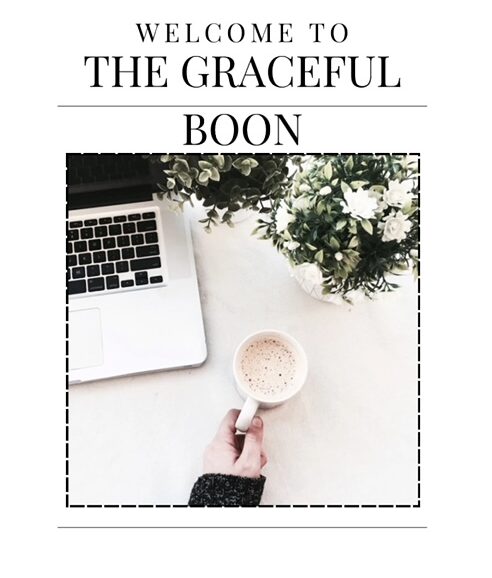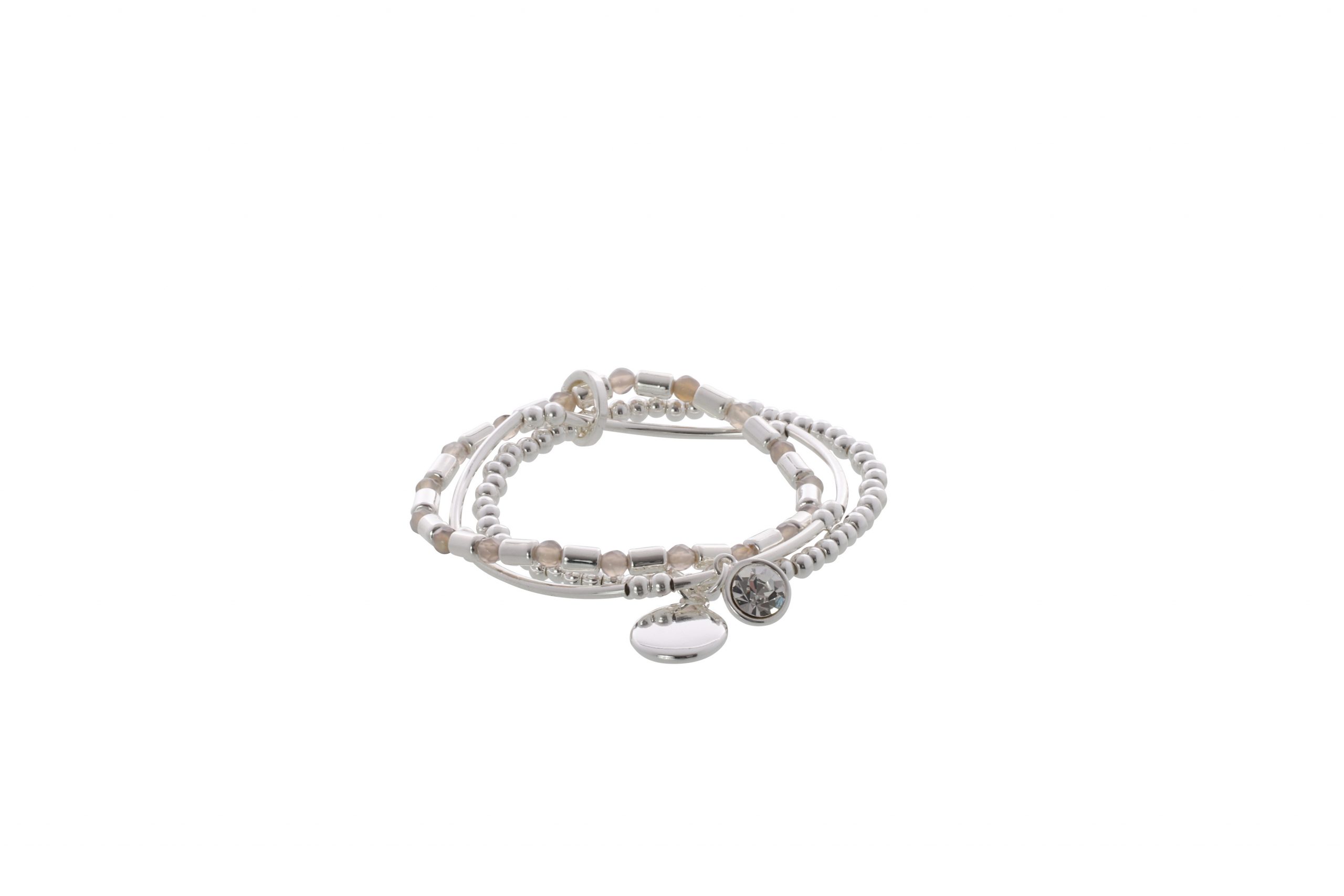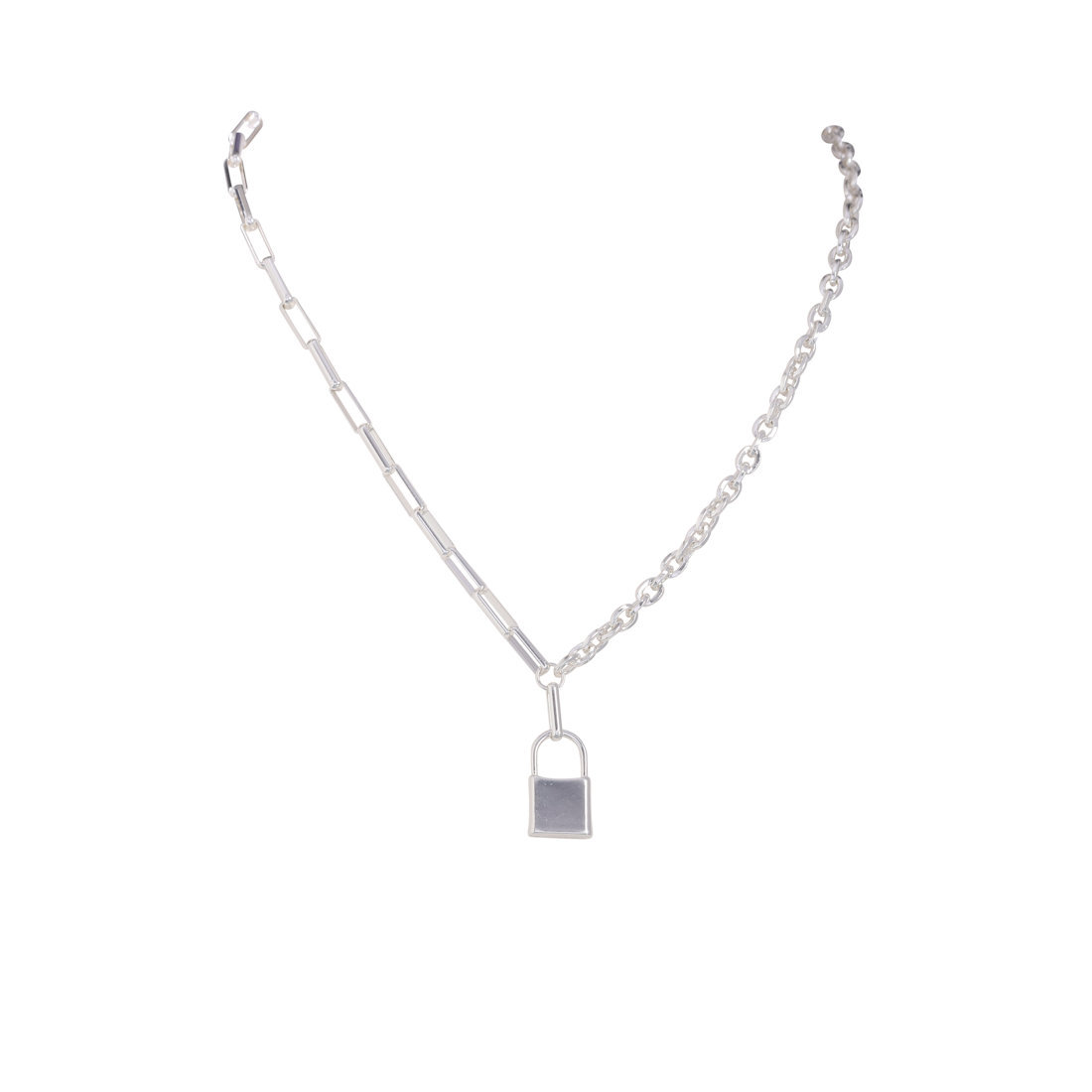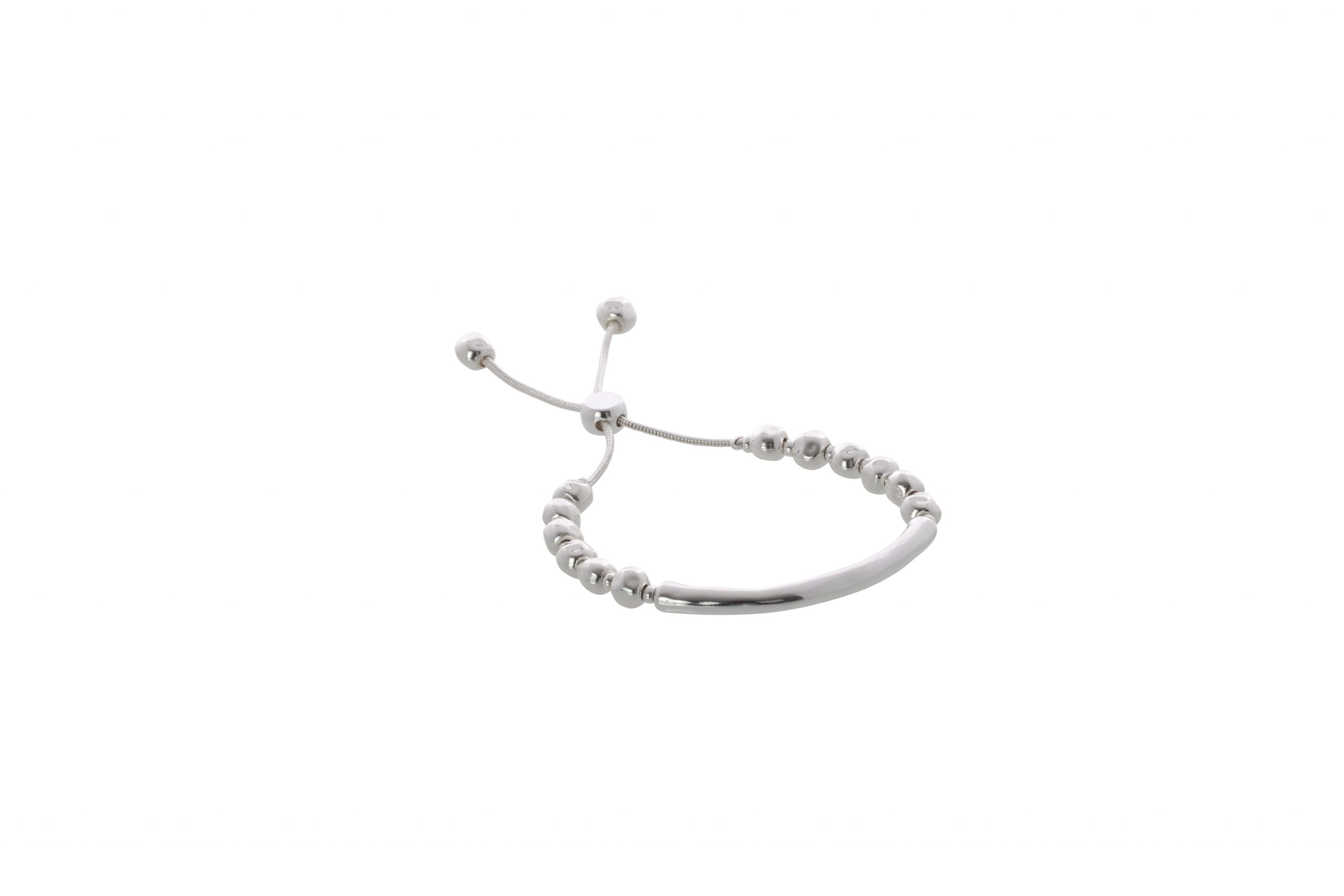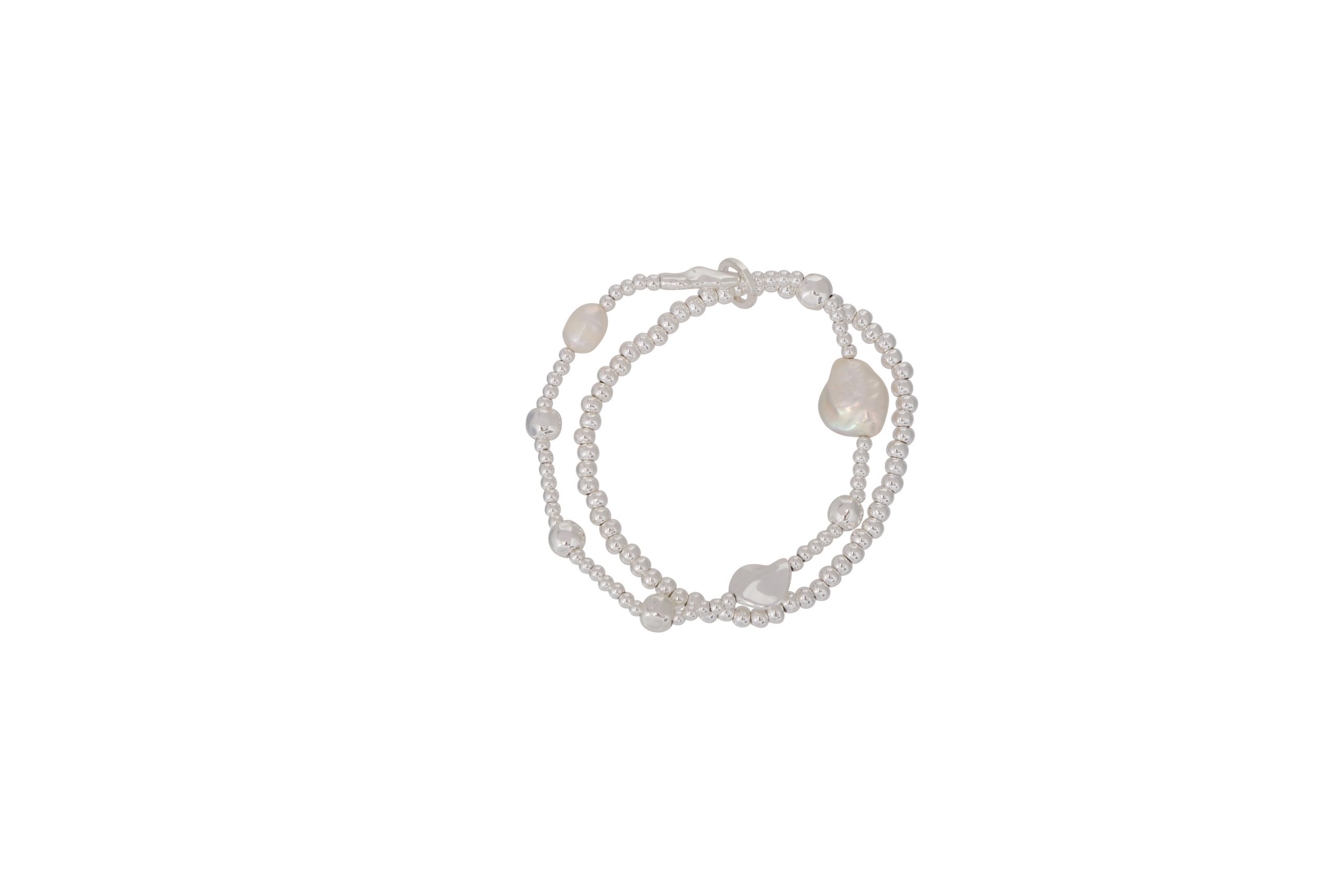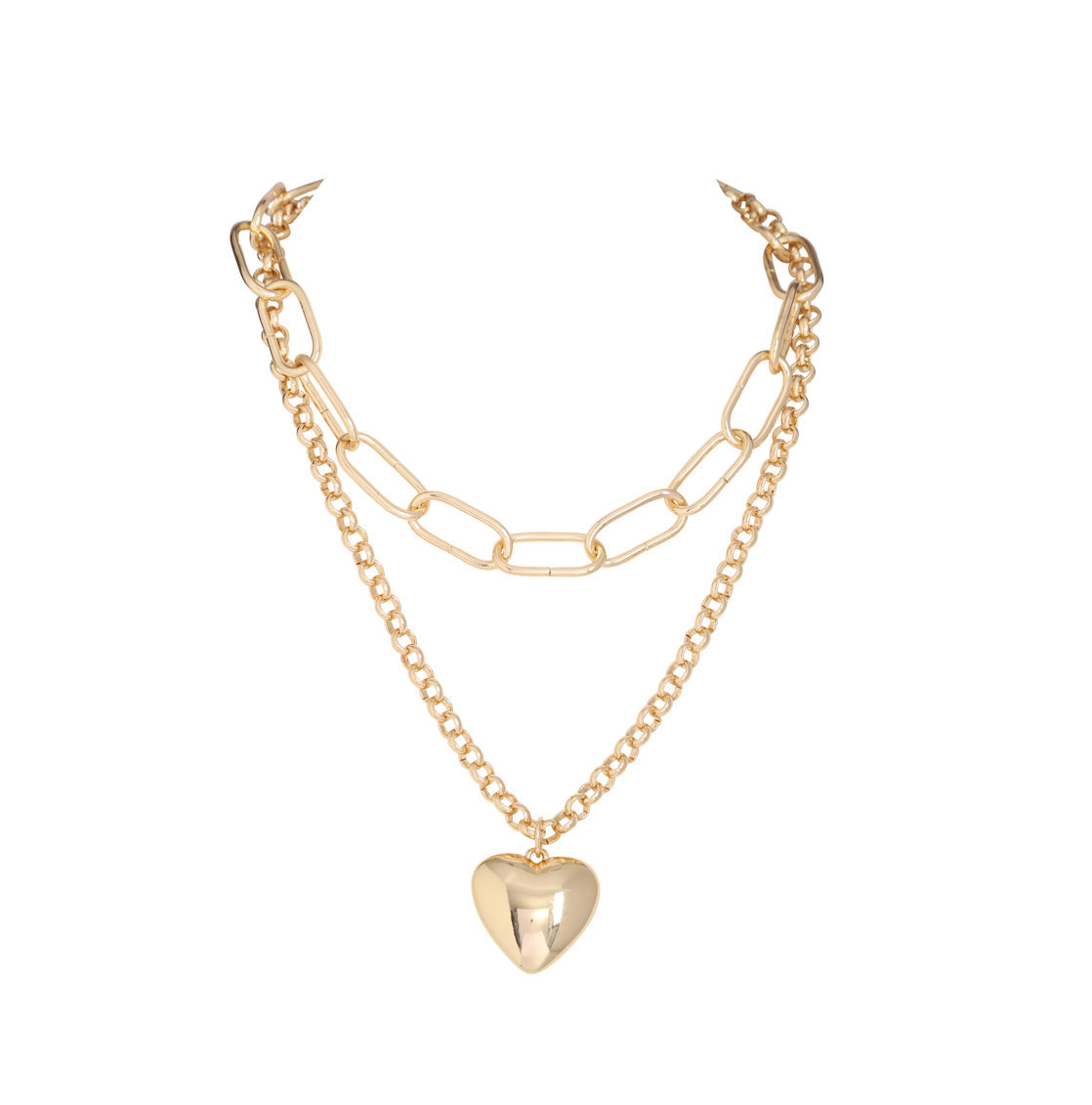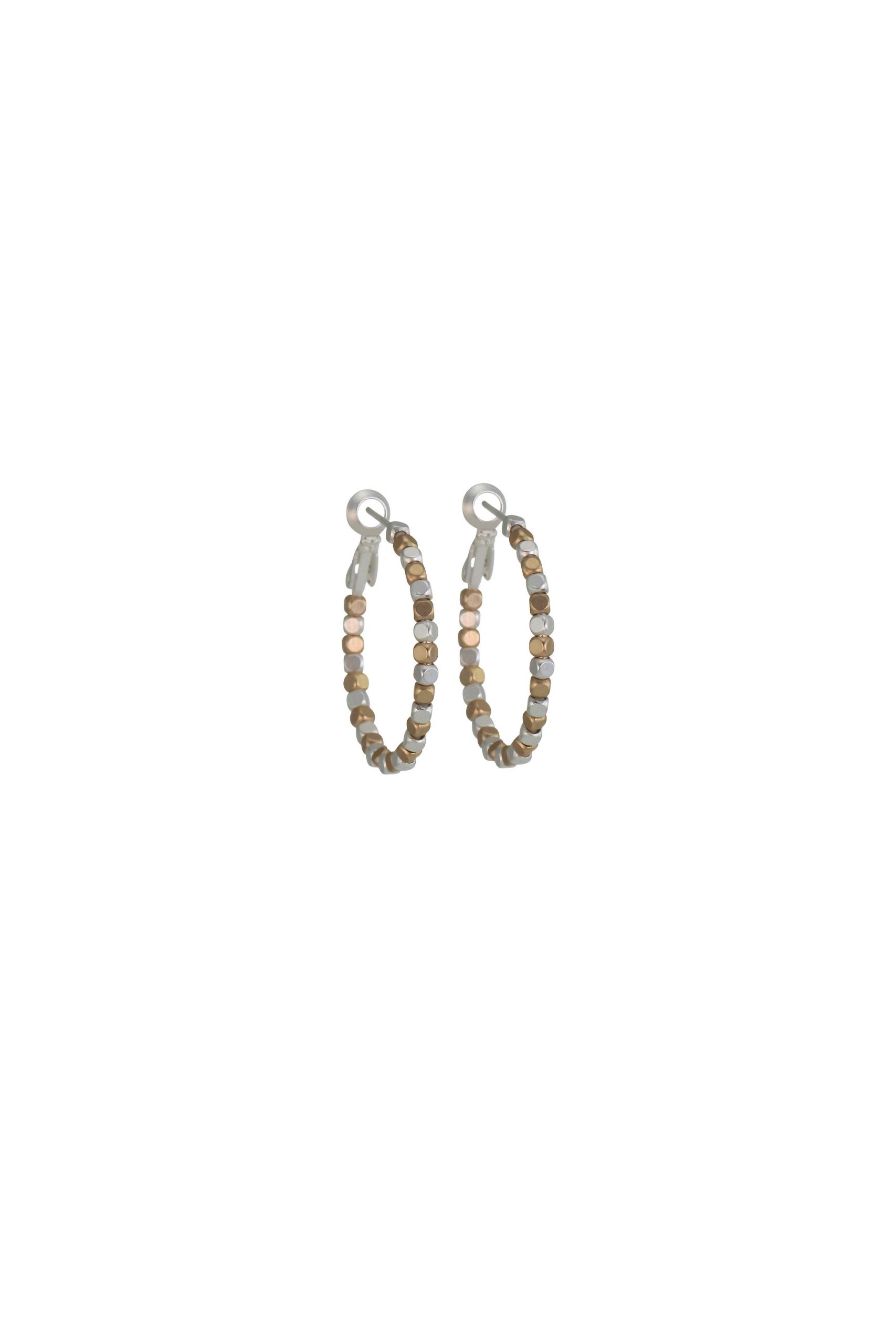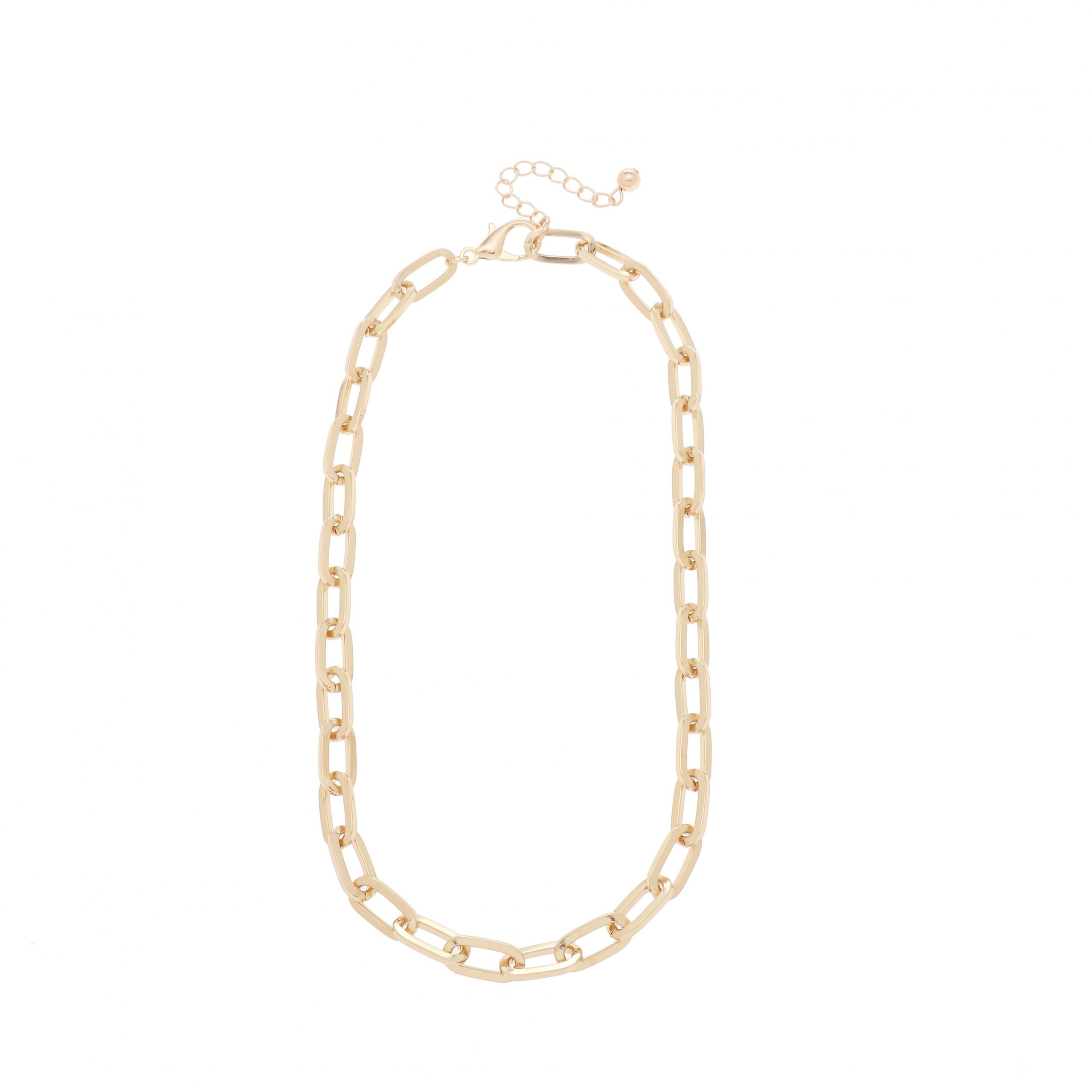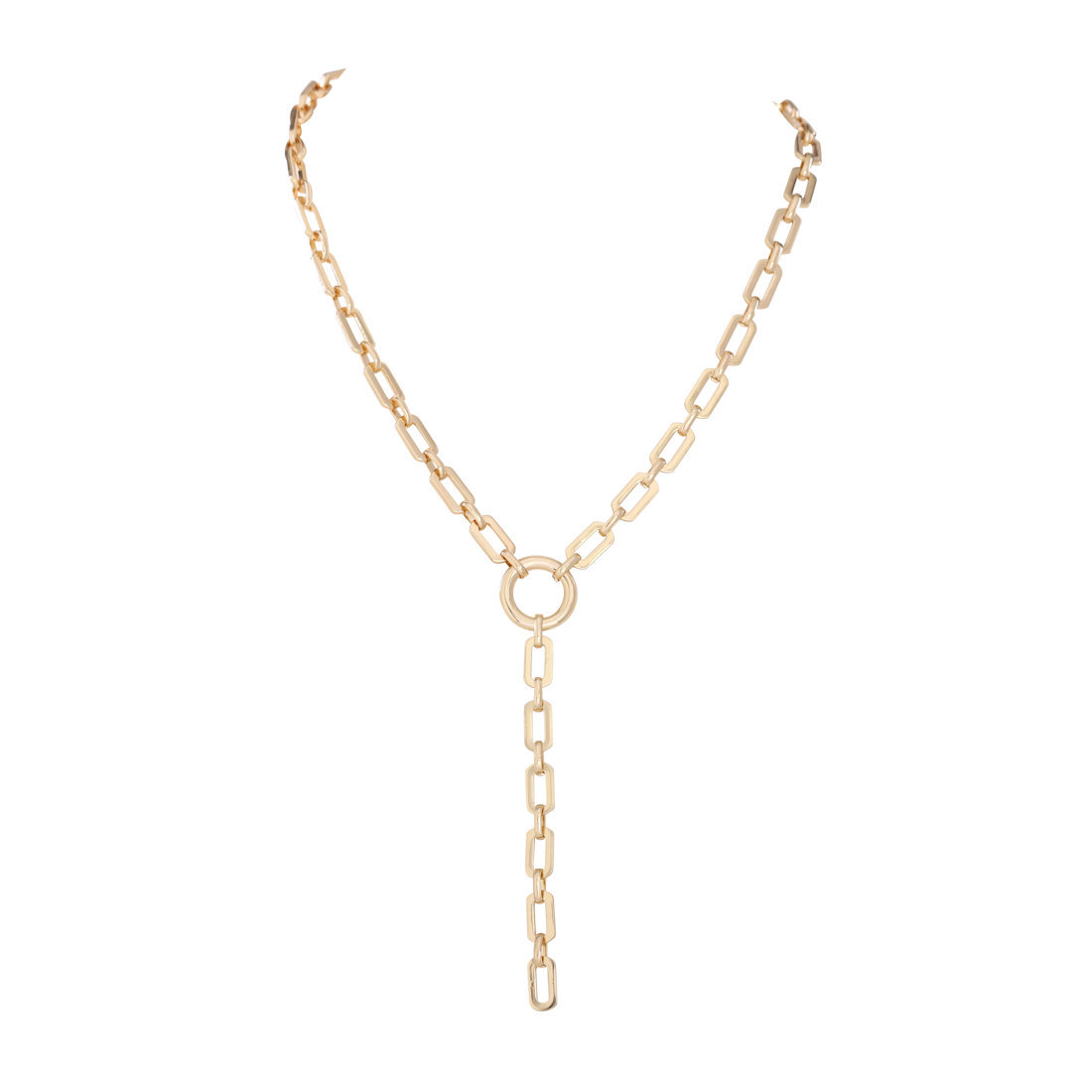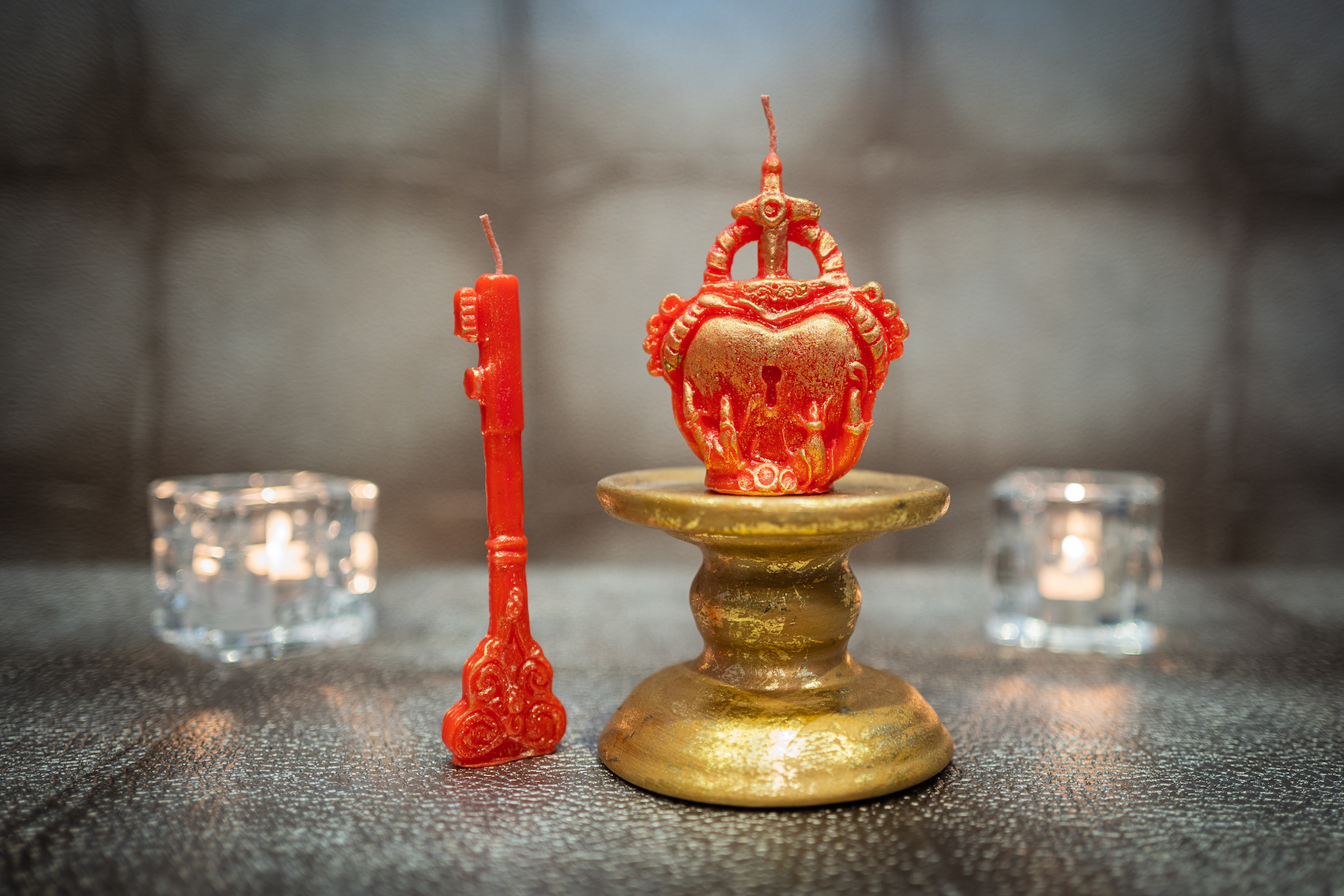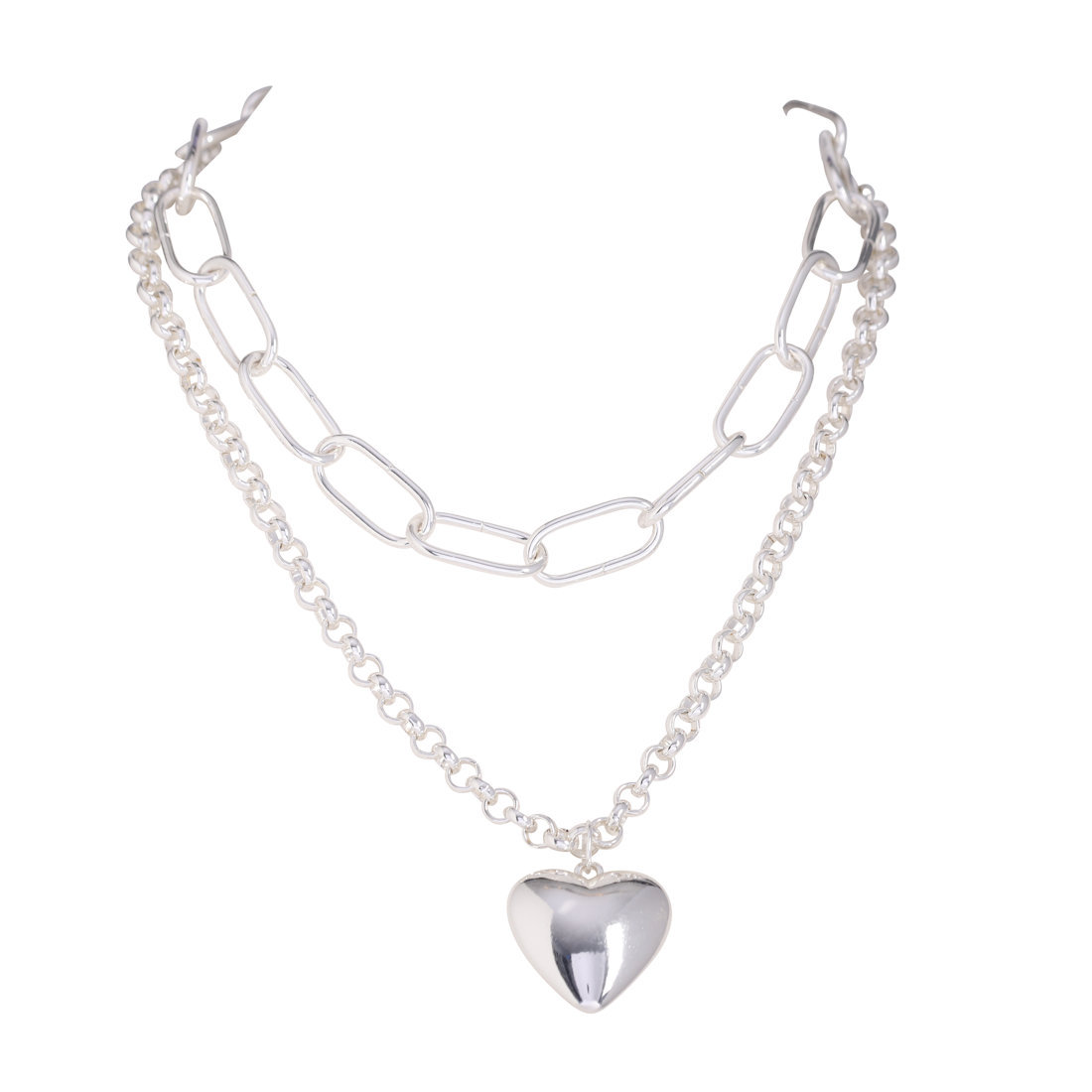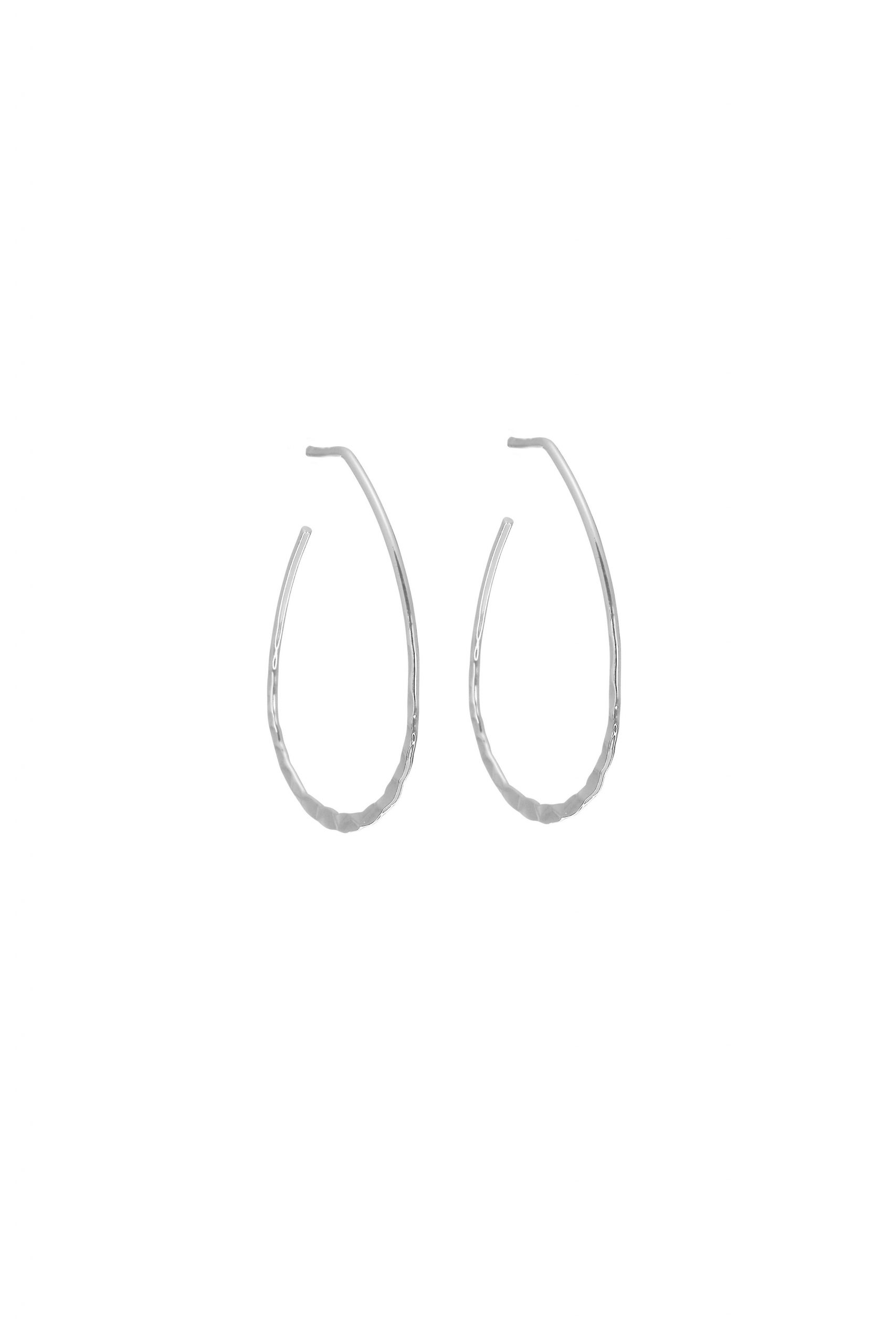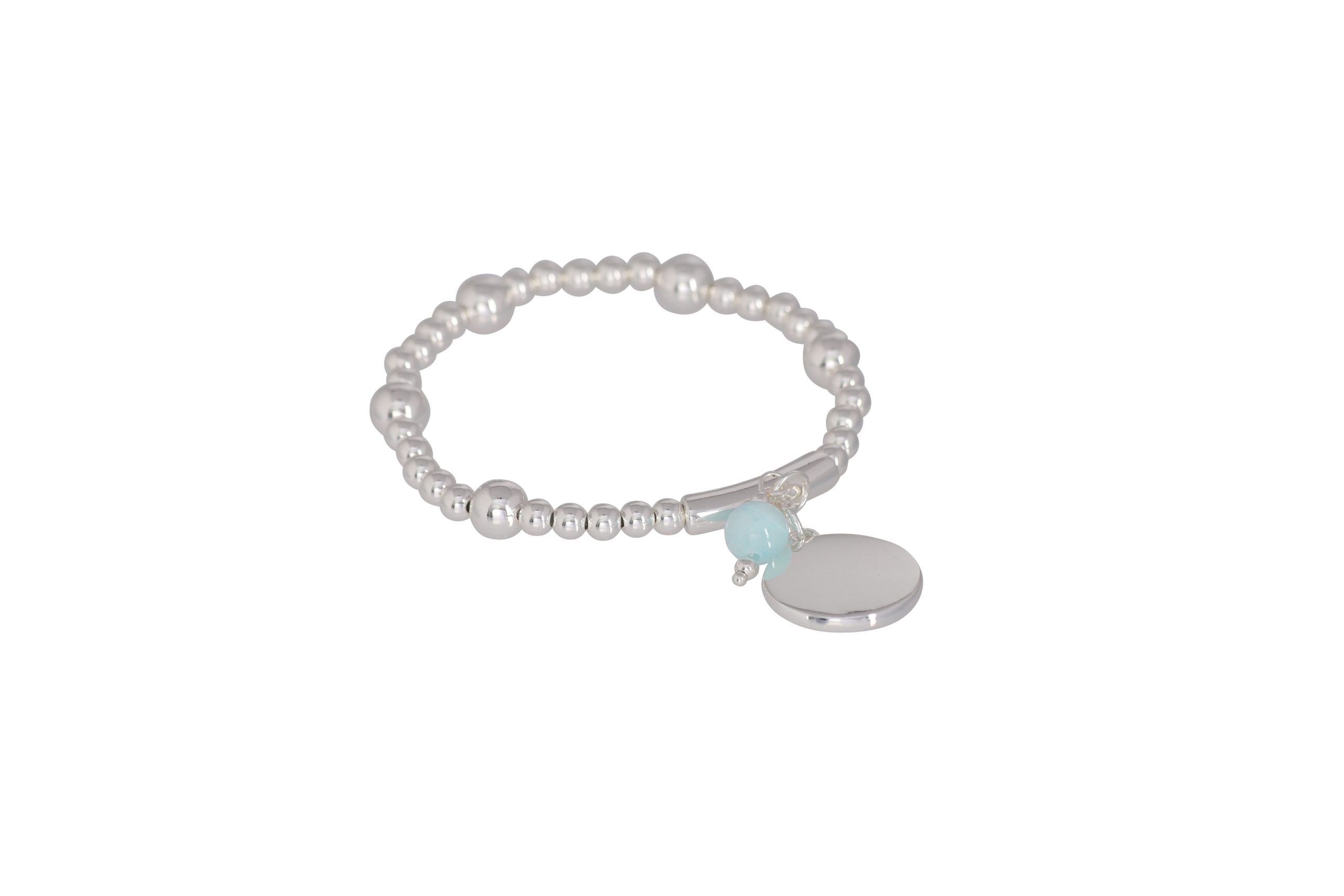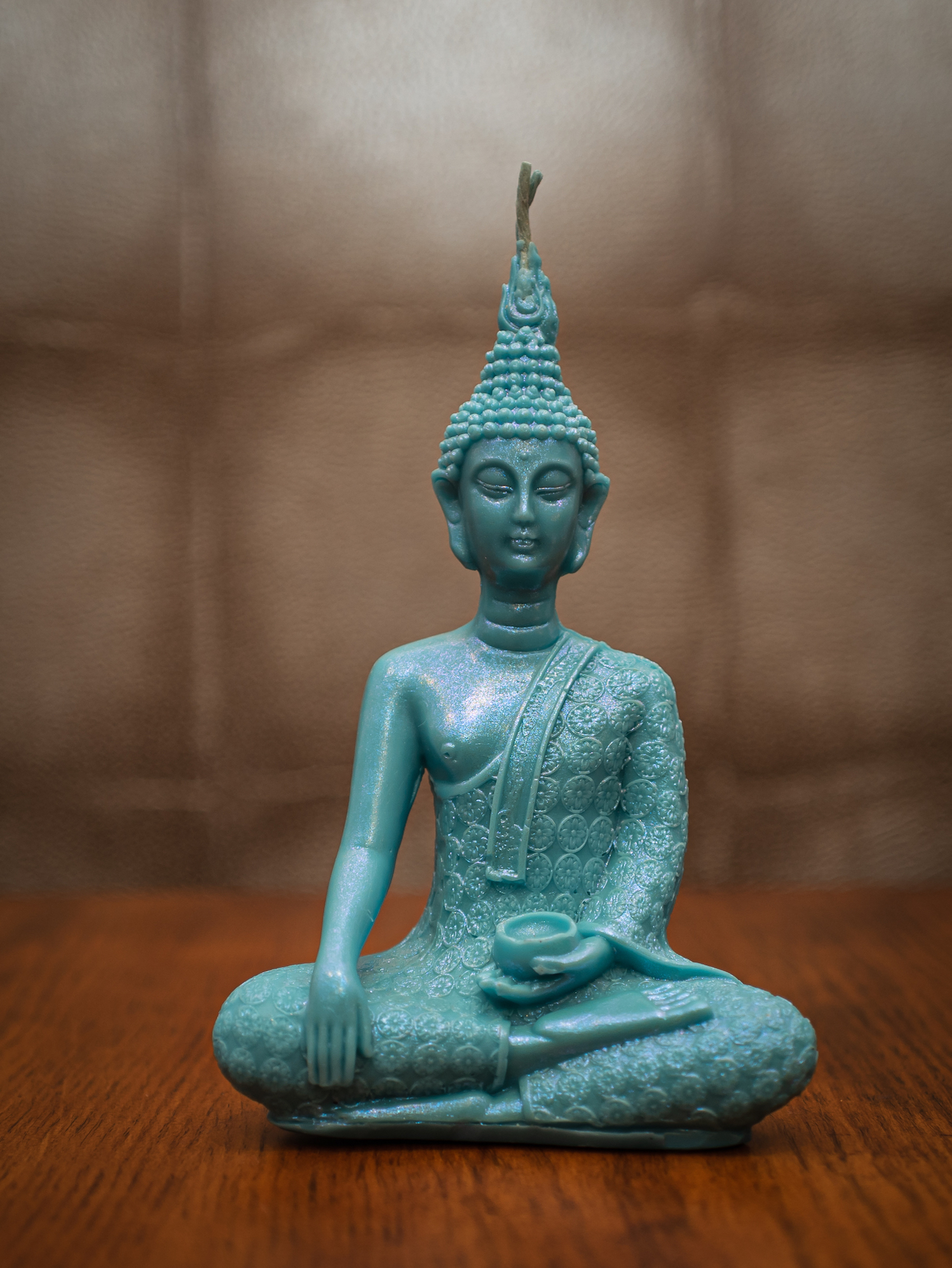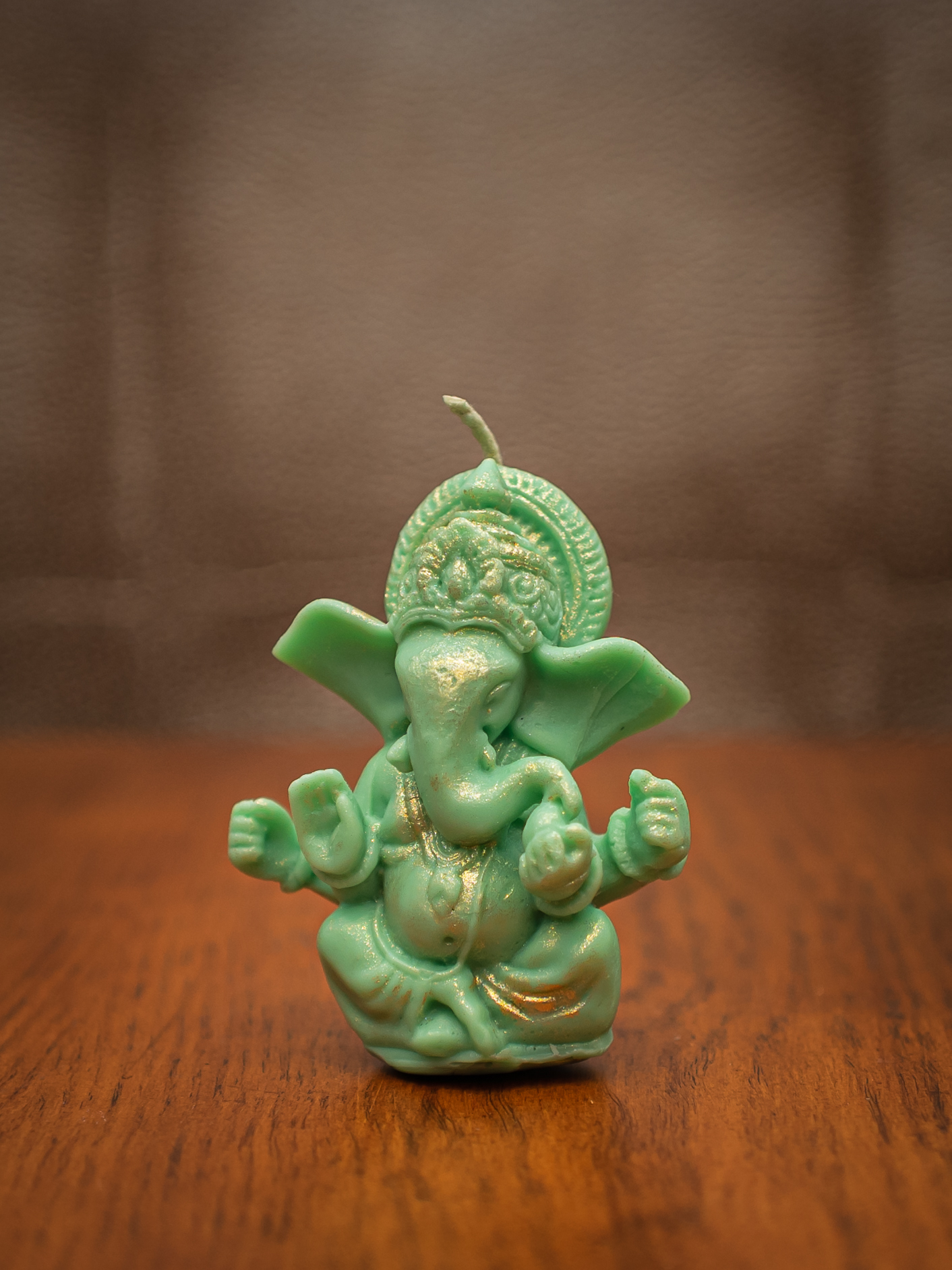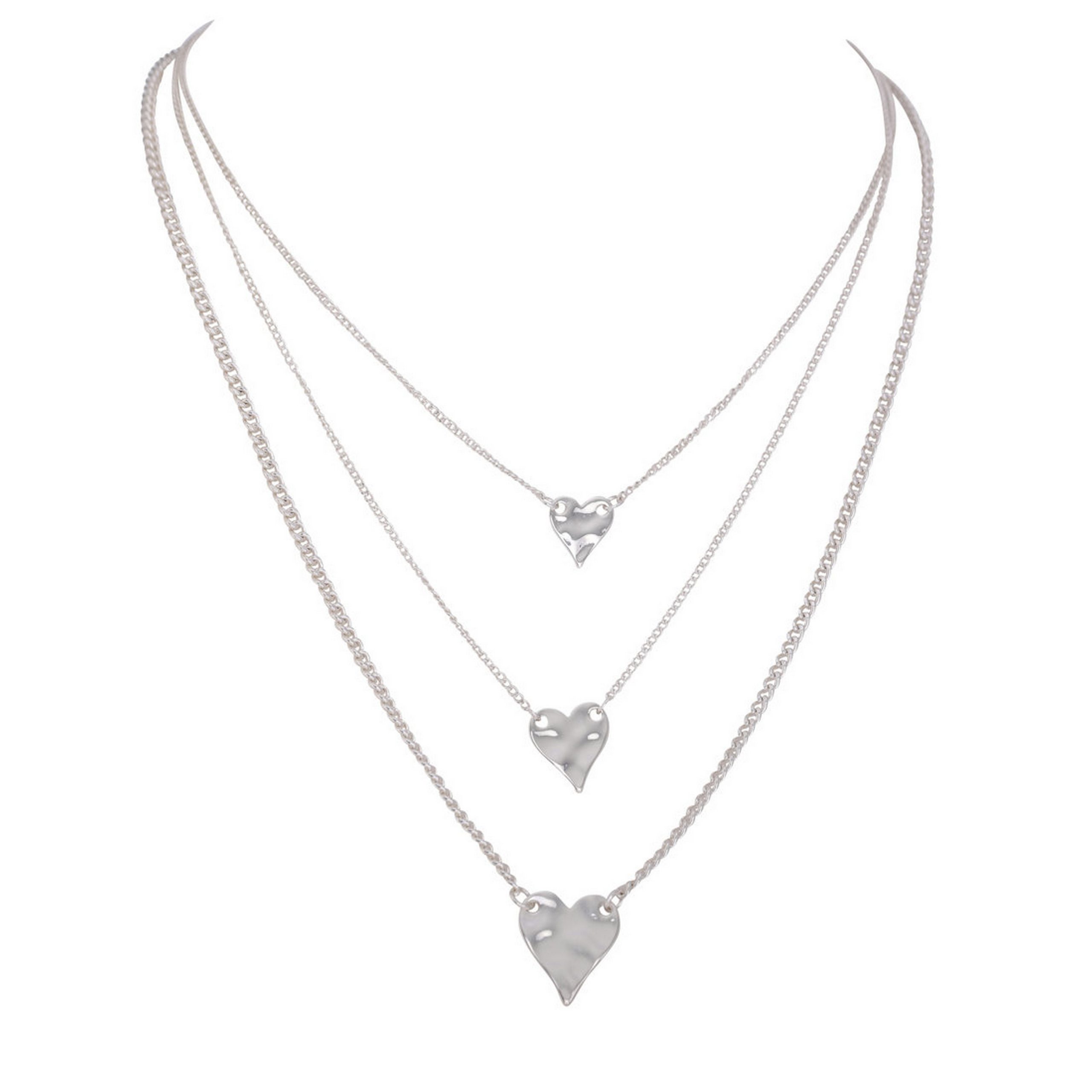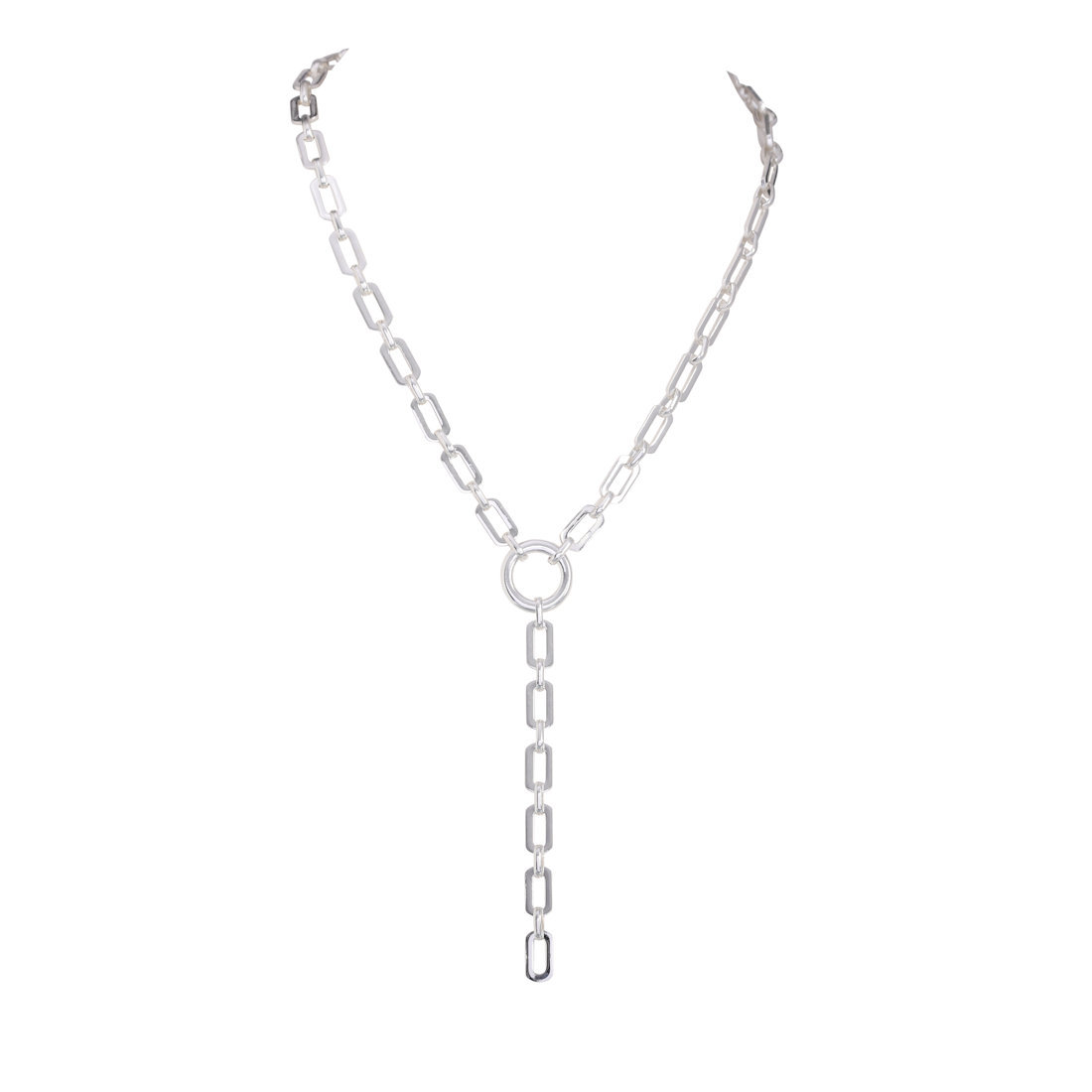A friend of mine recently messaged me to ask for some advice on a dilemma she was having. She had a friend who was in a tricky situation, and my friend wanted to get some advice from on what advice she should give to her friend. Her inquest went something like this:
“I have a friend (who in the scenario below is person B) and she doesn’t understand why she hurt Person A.
“So Person A came to her and said “sorry I didn’t do X. I have a disability Y, which results in challenges like A B and C so when I was wondering on X…”
And Person B interrupted and said “look it doesn’t matter why you didn’t do X. It’s not important. It’s fine. Let’s forget it happened. I actually really wanted to talk to you about (super important thing here)”
End scene.
She insists she told Person A that it was fine, therefore forgiving Person A for not doing the thing she promised. So Person A shouldn’t be upset.
Maybe you have a better explanation I can give her? I told her she was being dismissive, but she doesn’t get it.”
My response to her complicated inquest was just as a complicated. I didn’t feel that could be just one solution to the situation There could be many. It was a complicated situation, and therefore, the answer is just as complicated, if not more.
“A disability shouldn’t be an excuse for not doing something. And if a disability is an actual reason for it, then person A shouldn’t have agreed to do X. If person A really thought they could do it but then realized they couldn’t, they should say so and literally as soon as they realize.
Person B shouldn’t be so dismissive. They should be honest about how they feel. Having a disability doesn’t make anyone special. And they shouldn’t have interrupted. Maybe there was something person A wanted to say that might have changed things.”
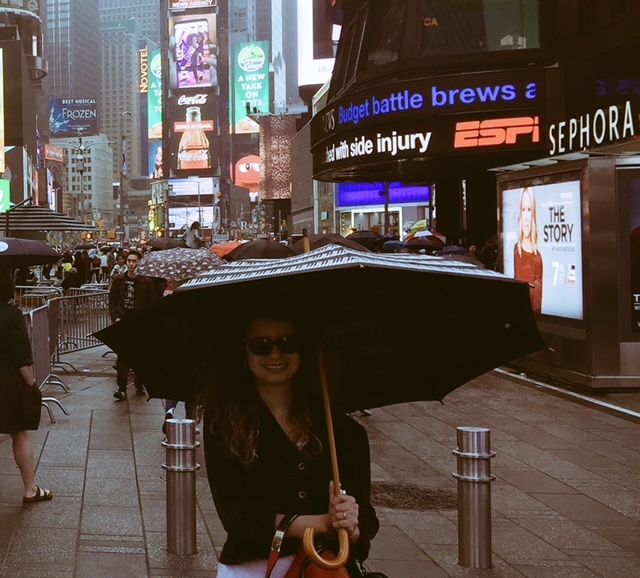
I believed in what I said, or wrote in this case, to my friend 100%. There’s absolutely no way that a disability can ever be used as an excuse for anything. This situation reminded of something I went through during my freelancing days. I worked with a business owner who resided in UK.I did most of my communication regarding the project I was working on with his assistant. A few days into our working relationship, the assistant seemed agitated and began showing an attitude towards me. All of a sudden, she burst out yelling and screaming at me, calling me names and stating unnecessary comments at my expense. My client then called me to try and do damage control. He apologized for his assistant’s behaviour, and then gave the excuse of her having cerebral palsy for that behaviour.
I very much appreciated my client’s apology, but I certainly didn’t appreciate him making his assistant’s disability as an excuse for her behaviour towards me. I have cerebral palsy myself, and I never in my life used my disability life as an excuse for my negative behaviour. I could use a bad day, anxiety, and/or depression as reasons for my negative behaviour. I could even use epilepsy as a reason as it does affect behavioural attributes. But never in my life did I ever, or would ever, use cerebral palsy as an excuse.
Maybe it’s that I don’t know much about cerebral palsy despite the very fact that I have it myself. My former client’s assistant wasn’t the only disabled person out there who found ways to use her disability as a privilege. Yes, you read that right. A disability can be used as a privilege, and I’ve seen so many disabled people, mainly people who have cerebral palsy, use it as their privilege. I was raised by my parents to never use my disability as an excuse or use it as a privilege. I don’t even use my handicapped pass or go to a handicapped accessible washrooms even though I have the right to, because there are always people out there who need them more than I do.
With all that in mind, I cut my working relationship with my client short. I sent him all money back that he paid me for the work to be done and told him to find someone else to work on the project. Sticking up to my morals and what was right for me was worth more than any amount of money. I’d always be fine with working with someone who was rude to me. That’s just part of the job when you’re a business owner and you’re dealing with clients who have different personalities and different work ethics. But I’d never be okay to work with someone who was making excuses, specifically using someone’s disability as an excuse for their or someone else’s behaviour.
When it comes to my own life, if there was anything I was tasked to do and I didn’t feel I could bring 100% of my quality work, I wouldn’t agree to do it. When I worked part-time as a high-school and then as a college student, There were tasks I was asked to do the required more physical abilities that I could bring in because my managers didn’t understand what my physical limitations were. I understood I wasn’t able to achieve what was expected of me, so I politely declined any opportunities such as this. In my freelancing business, if I received project inquiries that I didn’t feel I could bring quality work in because epilepsy and/or depression and anxiety would take over over my brain, I’d decline the opportunity and refer the potential clients to another freelance writer. And if I already was working on a project and needed extra time because epilepsy and/or depression and anxiety would take over me, I’d communicate it with my client and analyze what could be done to better my work.
No matter what we do, why we do it, or who we do it for, 80% of everything we do is based on communication. What we say is not much of an importance. On the contrary is HOW we say what we say. In fact, 90% of communication is non-verbal. I’m almost certain that the situation my friend was asking me about was just a terrible miscommunication and something that needed to be discussed further instead of being brushed off. If something like this isn’t resolved, it could get escalated in future paths, especially when it”s a work related miscommunication.
I’m an expert and I’m in no way saying that there weren’t ever times where I didn’t screw up. Of course I did. I’m human after all. But I learn and I grow from my mistakes. I always want to improve myself as a person. One thing I know for sure, though, is that using my disability, illnesses, and life situations is something I never did, never have, and never will ever use as an excuse and a privilege. My disabilities and illnesses are no excuse for me to use for my privilege – no matter what I do, why I do it, how I do it, and who I do it for.
Sign up to our newsletter if you want to see more content from The Graceful Boon! By signing up to our newsletter, you'll get an even more in-depth content from yours truly, Stacie Kiselman, who's our Graceful Boon, that you won't want to miss out on.
